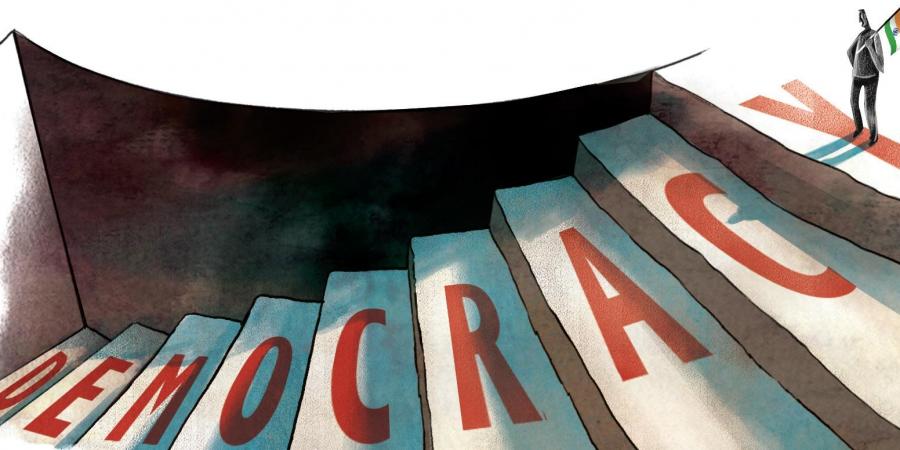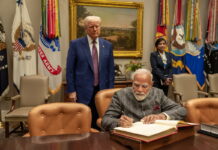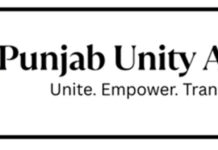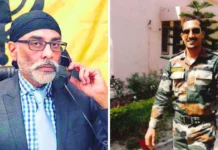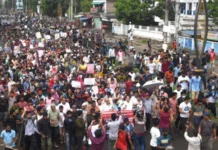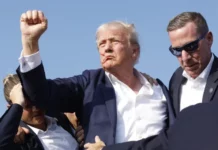The world’s largest democracy India’s Constitution is composed of three pillars, the executive, the legislature, and the judiciary, in which all powers are vested by the constitution in the prime minister, parliament and accordingly.
Last week’s judgement by the Delhi High Court granting bail to student activist Natasha Narwal, Devangana Kalita and Asif Iqbal Tanha; who were arrested in May 2020 for their alleged role in the riots in Northeast Delhi riots conspiracy case and booked under UAPA (Unlawful Activities Prevention Act), a draconian anti-terror law; were finally released. This judgement also attests that India’s judiciary is alive and kicking, unlike several neighbouring countries like Myanmar, Pakistan and China. UAPA has become a tool for any ruling government to arrest under anti-terror law. This law should not become a licence to curb basic rights under a healthy democracy.
However, the Supreme Court pointed to serious issues with the Delhi High Court judgement granting bail to the three student activists that it should not become a precedent for other accused to seek bail, even as Delhi Police said they were not seeking to send the three back to jail. Several students unions indulge in anti-state activities under the whims and fancies of their political masters.
“Right to protest doesn’t include the right to indulge in terrorist activities and killing innocent people. Delhi riots saw 53 killed and hundreds injured. If we go by the HC’s interpretation a terrorist who launches a murderous attack on people could not be charged under UAPA, since he could be booked under Section 302 of IPC,” said Solicitor General Tushar Mehta. Supreme Court also cited, it is surprising why the HC did not challenge the constitutionality of UAPA before granting the bail.
While the ruling government was in a hurry to implement and bring several game changers for the benefit of the country, it seems the public is not ready nor educated enough to understand the nuances of the laws being implemented. The fault and responsibility squarely lies with the ruling government. India being a developing country the government must take steps to disseminate appropriate information and invite debates before implementing such laws. Although with a large portion of the population with low literacy levels, such problems will continue to exist.
Most of these changes, long over-due for the development of India, were sitting in the archives of past governments and never saw light.
There is no doubt use of the UAPA needs sound investigation, unbiased and appropriate scrutiny, before it can be applied. Every case needs to be independently judged and proper procedures need to be followed. This HC judgement indicates that India still has judges that will not succumb to political masters or the ruling government.
A similar situation had developed during the emergency of 1970s when India could have well become a dictatorial government. In countries like Hong Kong, China and Myanmar, the freedom to express views have being suppressed and people jailed indiscriminately who may never be delivered justice.
Hopefully, this HC judgement will send the right signals. At the same time the people especially students, to protest and dissent, which is a basic tenant of democracy, must not abuse the rights given under the law.

